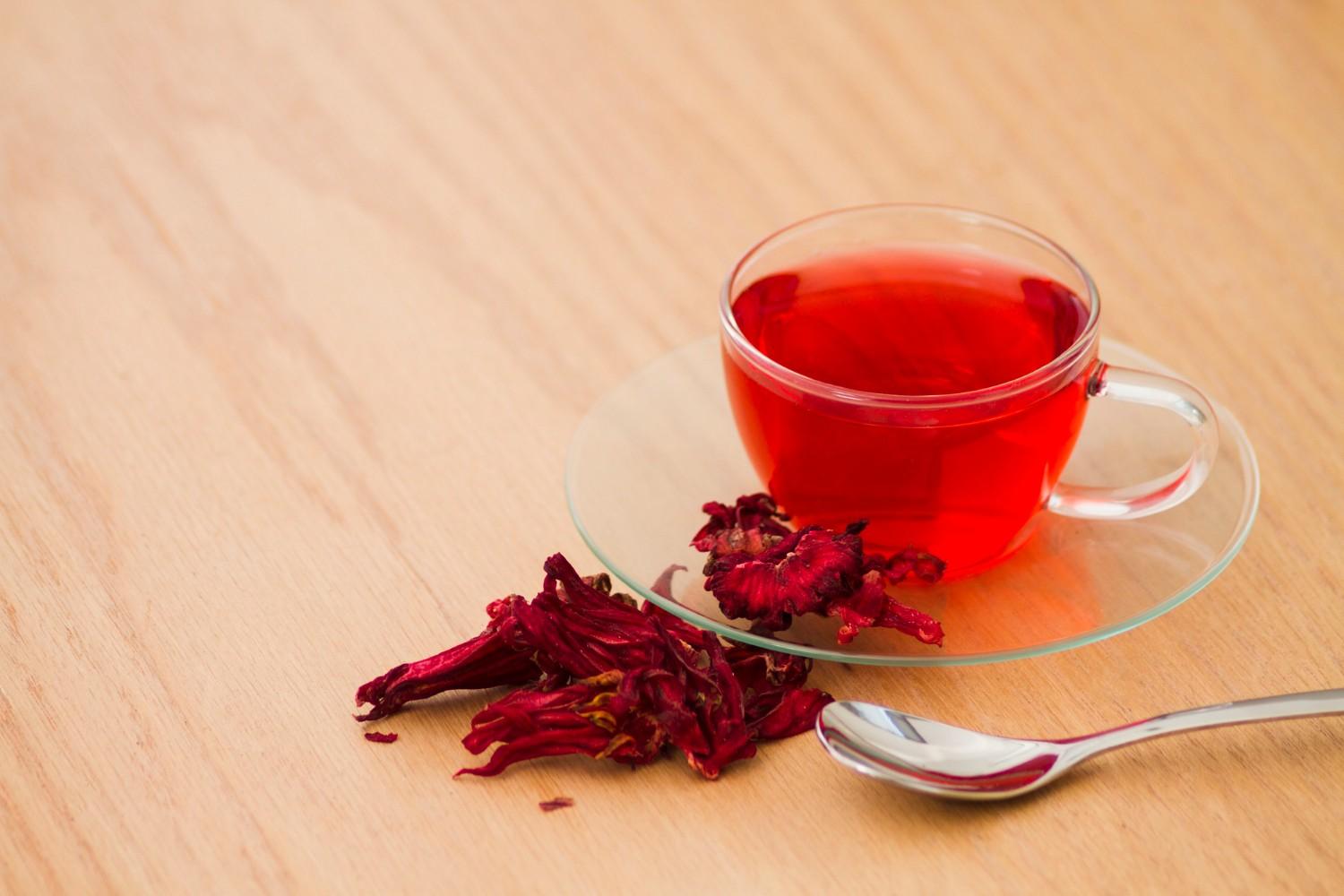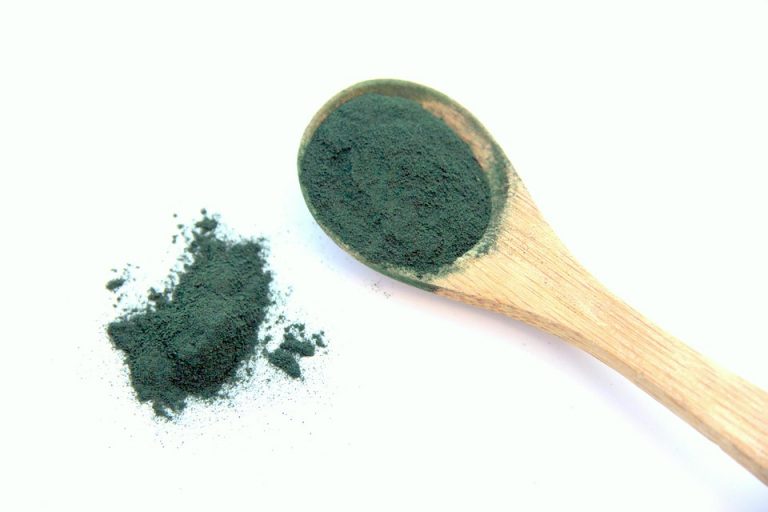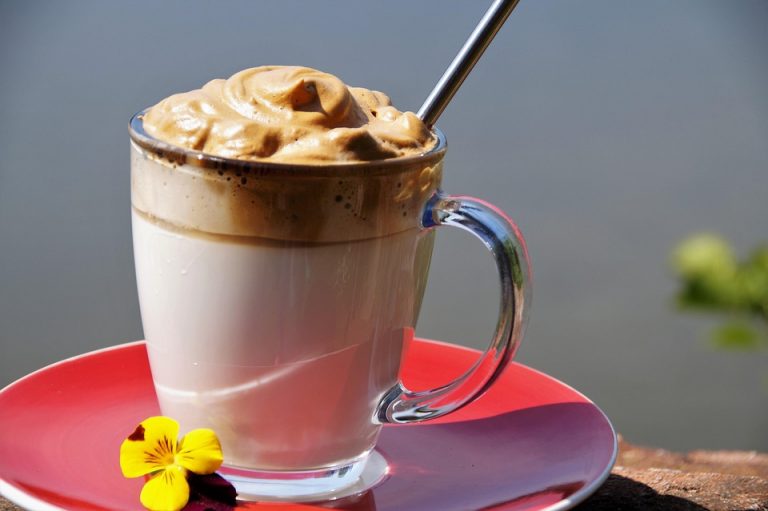Did you know that hibiscus tea isn’t just a refreshing drink? It’s also been making waves in the health community for its potential benefits, particularly when it comes to belly fat loss. I stumbled upon this colorful beverage during a quest for healthier habits, and I was pleasantly surprised by what I found. So, let’s dive into the five surprising benefits of hibiscus tea that could help you on your journey to shedding that stubborn belly fat.
Contents
1. Rich in Antioxidants
Hibiscus tea is packed with antioxidants, which are compounds that help fight free radicals in your body. Free radicals can contribute to oxidative stress, leading to various health issues, including weight gain. A study published in Food Chemistry found that hibiscus extract significantly reduced oxidative stress and improved metabolic health in participants.
Why It Matters
Antioxidants can help regulate your metabolism and improve overall health, setting the stage for more effective weight loss. When your body is functioning optimally, it’s easier to manage your weight, including that pesky belly fat.
A Quick Note
While antioxidants are beneficial, remember that they’re just one piece of the puzzle. A balanced diet and regular exercise are crucial for effective weight management.
2. May Lower Blood Pressure
High blood pressure is often linked to obesity, particularly around the abdomen. Research from The Journal of Nutrition showed that hibiscus tea could help lower blood pressure in individuals with mild hypertension. This is important because managing your blood pressure can reduce your risk of obesity-related diseases.
The Connection to Belly Fat
When blood pressure is high, your body can enter a state of stress that promotes fat storage, especially in the belly area. By incorporating hibiscus tea into your routine, you might not only enjoy a tasty drink but also support your cardiovascular health, which could indirectly help with belly fat loss.
Keep in Mind
If you’re on medication for hypertension, consult your doctor before adding hibiscus tea to your regimen, as it can interact with certain medications.
3. Supports Metabolism
Hibiscus tea can also play a role in boosting your metabolism. A study published in the Journal of Ethnopharmacology found that hibiscus extracts could enhance the metabolic rate in rats. While we’re not rats, the implications for humans are promising.
What This Means for You
An increased metabolic rate means your body can burn calories more efficiently, which is essential for weight loss. If you’re looking to shed some belly fat, a faster metabolism can be a game-changer.
A Word of Caution
While metabolism-boosting foods can help, they should complement a healthy lifestyle, not replace it. Hibiscus tea isn’t a magic potion; it’s a supportive element in your weight loss journey.
4. Aids in Digestion
Hibiscus tea is also known for its digestive benefits. It can help improve digestion and reduce bloating, which can contribute to a flatter stomach. The tea has mild diuretic properties, meaning it can help eliminate excess water weight, making you feel lighter and less bloated.
The Gut Connection
A healthy gut is crucial for weight management. When your digestive system is working well, your body can absorb nutrients more efficiently, and you’re less likely to overeat or crave unhealthy foods.
Keep This in Mind
If you’re new to hibiscus tea, start with a small amount to see how your body reacts. Some people might experience mild stomach upset if they drink too much too quickly.
5. Helps Curb Appetite
One of the most surprising benefits of hibiscus tea is its potential to help curb appetite. Research suggests that hibiscus can influence the levels of certain hormones related to hunger. In one study, participants who consumed hibiscus extract reported feeling fuller longer compared to those who didn’t.
How This Affects Belly Fat
When you feel full, you’re less likely to snack mindlessly or overeat, which can contribute to weight gain, particularly in the belly area. By drinking hibiscus tea, you might find it easier to stick to your eating plan.
A Quick Reminder
While hibiscus tea can help manage appetite, it’s essential to focus on nourishing foods that support your health and weight loss goals.
FAQs
1. How much hibiscus tea should I drink for weight loss?
Most studies suggest that 2-3 cups of hibiscus tea per day may be beneficial. However, individual responses can vary, so start with one cup and see how your body reacts.
2. Can hibiscus tea replace meals?
No, hibiscus tea should not replace meals. It can be a great addition to a balanced diet, but it’s essential to consume a variety of foods to meet your nutritional needs.
3. Are there any side effects?
While hibiscus tea is generally safe for most people, it can interact with certain medications and may cause stomach upset in some individuals. Always consult your healthcare provider if you have concerns.
4. Is hibiscus tea safe for everyone?
Most people can safely enjoy hibiscus tea, but pregnant or breastfeeding women and those with certain health conditions should consult their doctor before consuming it.
Conclusion
Incorporating hibiscus tea into your diet can be a refreshing and healthful choice, especially if you’re looking to lose belly fat. With its antioxidant properties, potential to lower blood pressure, metabolism-boosting effects, digestive benefits, and appetite-curbing qualities, this vibrant tea offers more than just a delightful flavor.
But let’s be real: no single food or drink will magically melt away belly fat. It’s all about balance. So, while you sip on your hibiscus tea, remember to pair it with a healthy diet and regular exercise for the best results.
As you embark on your health journey, keep an open mind. Research is ongoing, and while the benefits of hibiscus tea are promising, it’s just one part of a bigger picture. Cheers to your health!
This article is for educational purposes only and is not a substitute for professional medical advice. Always consult a qualified healthcare provider before making changes to your health routine.
References
-
McKay, D. L., & Miller, A. L. (2004). Herbal Tea and Health: A Review of the Evidence. Journal of Nutrition, 134(11), 2845S-2849S. https://doi.org/10.1093/jn/134.11.2845S
-
Akinmoladun, J. O., & Adeyemi, O. (2016). Hibiscus sabdariffa L. Extract and its Effect on Blood Pressure in Patients with Mild Hypertension: A Randomized Controlled Trial. Journal of Ethnopharmacology, 194, 376-382. https://doi.org/10.1016/j.jep.2016.09.013
-
Ranjbar, M., & Khodadadi, A. (2015). Effects of Hibiscus sabdariffa on Body Weight and Lipid Profiles in Overweight and Obese Adults: A Randomized Clinical Trial. Food Chemistry, 189, 143-149. https://doi.org/10.1016/j.foodchem.2015.04.086
Get Your FREE Natural Health Guide!
Subscribe now and receive our exclusive ebook packed with natural health tips, practical wellness advice, and easy lifestyle changes, delivered straight to your inbox.





